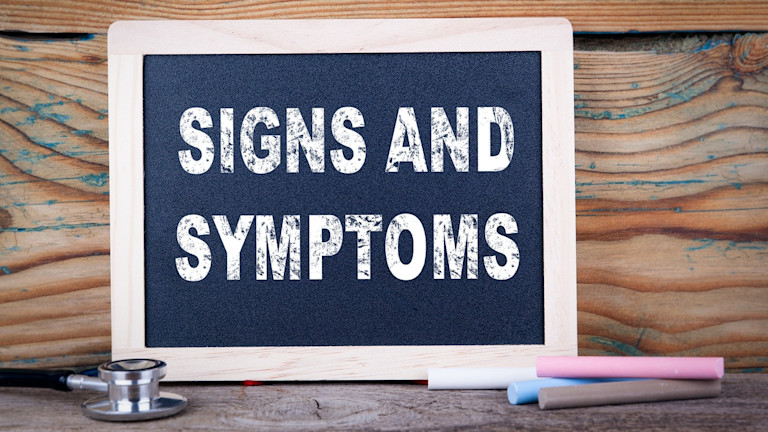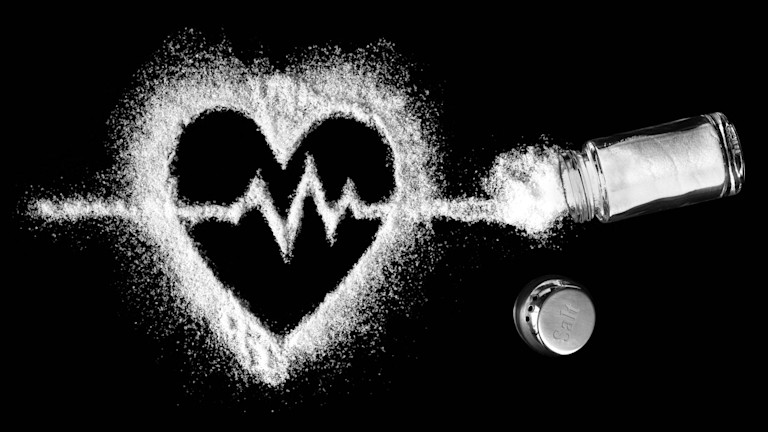How Do I Address Heart Failure Exacerbation?
Your loved one has heart failure and their symptoms have suddenly worsened. It may just be a bad day, but it could be an exacerbation.
Get insurance benefits, legal documents, and medical records in one place

Helpful Highlights
Understand how heart failure exacerbation happens and what to look for.
Learn how you can help your loved one during a heart failure exacerbation.
Know when to call the provider or call 9-1-1.
What can you do for your loved one?
You can do a lot to help reduce the risk of exacerbations.
Help your loved one stay on the prescribed HF treatment plan
Assist your loved one to avoid items that contribute to fluid overload
Salty foods like anything canned, fast food, pizza, ham and deli slices, and processed foods, including cheese
Adding table salt to foods
Not taking diuretic medications ("water pills") appropriately
Drinking too much fluid (if your loved one is on a fluid restriction)
Observe for subtle changes in demeanor or physical well-being and ask your loved one questions about what they're experiencing
Encourage your loved one to speak openly with you, their primary care provider, and their cardiologist (if referred)
Ask providers about treatment options
Ensure your loved one has all the medications they need and knows how to take them as prescribed
Encourage the use of as-needed medications at the first sign of increased symptoms
Ensure everyone washes their hands frequently
Help your loved one to practice breathing exercises, relaxation, and body positioning techniques
Call the primary care provider if you notice signs and symptoms that are difficult to manage
Coordinate and assist with follow-up appointments with providers and therapists

What are the signs and symptoms of potential HF exacerbation?
Symptoms of possible HF exacerbation can include one or more of the following:
Severe weakness
Fainting
Increased shortness of breath when performing usual activities, lying down or sleeping
Persistent cough or wheezing
Cough with white or pink, frothy mucus
Feeling full after only eating a few bites
Rapid weight gain due to fluid retention (2 lb. overnight or 5 lb. in a week)
Bloating or swelling in the stomach
Swelling in the lower legs, ankles, or feet
Rapid or irregular heartbeat
Chest pain
If you experience any of the above symptoms, call the provider right away.

What causes an HF exacerbation?
The most commonly identified cause of HF exacerbation is excessive sodium (salt) intake, which causes excess fluid retention.
An HF exacerbation can be triggered by many factors, however, such as high salt intake, lung infections, certain medications, or not taking medications to control HF.
Diagnosis
An HF exacerbation is diagnosed by a physical exam, imaging, and lab tests. A chest X-ray may be taken if pneumonia is suspected. An echocardiogram, with possible Doppler ultrasound, will evaluate how much blood the heart can pump throughout the body.
These diagnostics determine the strength of the heart muscle and what is called "ejection fraction", which is the percentage of blood that is pumped out of the left ventricle of the heart (blood that goes to the body). A normal ejection fraction is between 55-65%.
Treatment
Persons who have HF exacerbation are usually admitted to the hospital for treatment. The main goal in treatment for HF exacerbation is to reduce the fluid volume in the body. Reducing fluid volume reduces the workload on the already weakened heart.
Post-Exacerbation
When discharged from the hospital, the healthcare provider may prescribe new medications and recommend lifestyle changes to prevent exacerbations in the future.
During the first follow-up, the provider may review the following:
You and your loved one's knowledge of the signs and symptoms of HF exacerbation
The medications your loved one is taking, when and how much, and if you have enough
A cardiac diet and regular exercise
The next follow-up appointment
RESOURCES
American Heart Association (AHA) – Heart Failure
American Heart Association (AHA) – Classes & Stages of Heart Failure
2022 AHA/ACC/HFSA Guideline for the Management of Heart Failure
Caraballo, C., Desai, N.R., Mulder, H., Alhanti, B., Wilson, F.P., Fiuzat, M., et al. (2019). Clinical implications of the New York Heart Association classification. Journal of the American Heart Association, 8(23), e014240. doi: 10.1161/JAHA.119.014240
Cleveland Clinic – Heart Failure
No content in this app, regardless of date, should ever be used as a substitute for direct medical advice from your doctor or other qualified clinician.
Get more support and guidance on insurance benefits, medical records and legal forms.
Helpful brings together your insurance benefits, legal documents, and medical records in one personalized place — so you always know what you have, and never have to search again.

Technology for Health Tasks. Mental Health for the Tough Stuff.
Helpful connects your medical records, insurance, and caregiving tasks automatically. And when you need more than logistics, a therapist is here to guide you.
In-Network and Covered
For Individuals, Couples and Families
HIPAA Compliant, Data Stays Private


Healthcare Tasks Simplified

From syncing records to spotting drug interactions, Helpful does the heavy lifting, turning complex health info into clear tasks and showing you benefits you can actually use, giving you clarity and control over your care.

In-Network Mental Health

Our licensed therapists are here to support you and your loved ones through stress, burnout, and life’s hardest moments, with an inclusive, compassionate approach that works with most insurance plans.

Create Legal Documents

Plan ahead by creating will, trusts, advance directives and more, that ensure your wishes are honored in the event you can’t speak for yourself -with Helpful guiding you every step of the way.